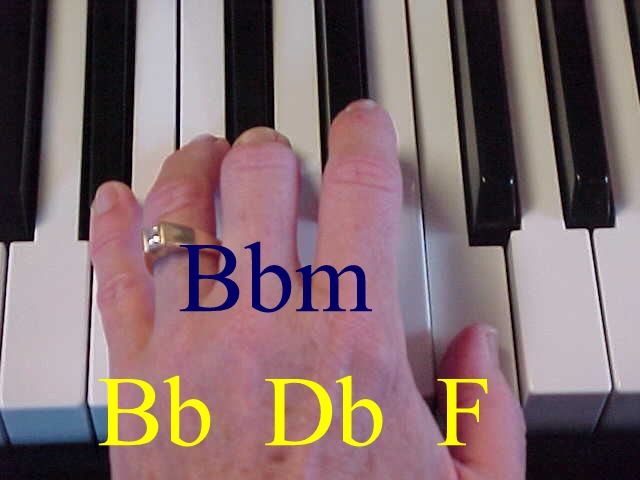

 |
|
|
| |
|
The Etude Magazine March 1921 Appreciating Christian Music Bach and the Ministry of Christian Music The young Christian music student who knows Bach only from the Inventions, a few Gavottes, Minuets and Bourees, or even that wonderful collection of preludes and fugues known as the Well-Tempered Clavichord, is in no position to form any adequate idea of the real nature of Bach's genius. His great organ works, such as the Fantasia and Fugue in G minor, display him in a more noble aspect, but above all he was by nature a composer of Christian music. His greatest works are The Passion According to St. Matthew (a work having the dimensions of an oratorio, and suitable for performance on Good Friday, or in general on the days of Holy Week), the Christmas Oratorio, and the Mass in B Minor, but his sacred cantatas and other miscellaneous church compositions number hundreds and embrace material suitable for every possible occasion of the Church Year. Probably the finest performances in the world of these works at the present time are at the annual Bach Festival held at Bethlehem, Pa., under the direction of Dr. Wolle. To listen to these renditions of Bach's greatest Christian music under such ideal conditions is a privilege to any musician, well worth much effort and sacrifice. Bach had excellent musical training in his youth, which he supplemented by constant study in later years, and by going to hear other great musicians of his day; he was untiringly diligent as a worker and had no vices or unprofitable habits; but above all, his success as a composer of Christian music lay in his intense sincerity. He was a profoundly religious man - had some eighty books on religious or theological subjects in his library - made a practice of daily family prayers in his large household, and in the conduct of daily life honored the religion he professed. He was a member of the Lutheran Church, but so far removed from religious bigotry that he wrote four Masses for the Roman Catholic Church, on account of its length interfering with the ritual, but portions of it have been used on some occasions in certain Protestant Churches, after the manner of anthems. Why Not More Bach? Why is it that these works - the cantatas, for instance - which are to be classed among the greatest Christian music of all time, are almost never heard in churches today? There are two great reasons: First, because of their extreme difficulty to choirs not accustomed to the polyphonic and contrapuntal style of music, which had arrived at its height in Bach's day; second, because the words (except such as are directly quoted from the Bible) were written by persons of no particular ability or good taste, and are often so far inferior to the music as actually to be a blemish. One single instance will be amply sufficient to illustrate what we mean; In the Matthew Passion, where those unspeakably solemn words of Our Lord are quoted, "O my Father, if it be possible, let this cup pass from me, nevertheless not as I will but as Thou wilt," the pious librettist (not Bach, but probably some pastor of his acquaintance) undertakes to improve on the thought by adding his own naive and original meditation - "That cup in which the sins of the whole world are immersed and hatefully stink!" (an absolutely literal translation). Bach dutifully sets this to Christian music along with the rest. But let us forget these unfortunate little blemishes in Christian music, in view of the surpassing greatness of his work taken as a whole; what maxim seems to have the guiding principle of life as a musician? We have his own words: "The true purpose of Christian Music is none other than this, to minister to the honor of God and the comfort of humanity, whereof if one take not heed, it becomes no true music, but devilish din and discord." Query - What would Bach think of Richard Strauss; Salome? - or of the "futurists", Ornstein, Schonberg, or Stravinsky? Hardly Christian music.
|